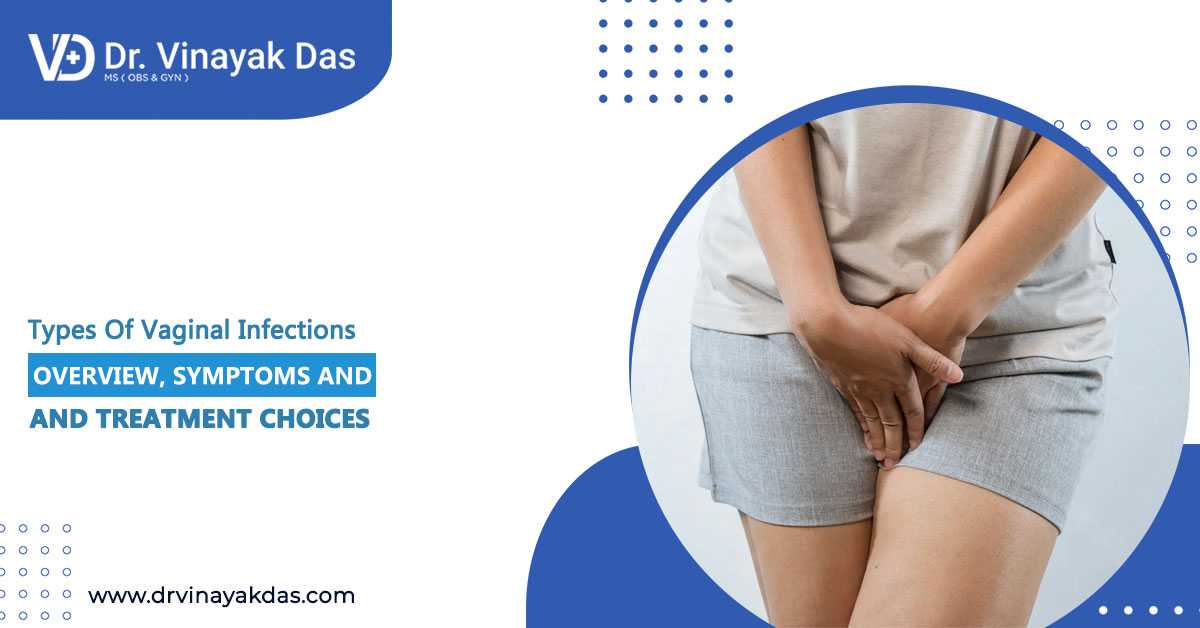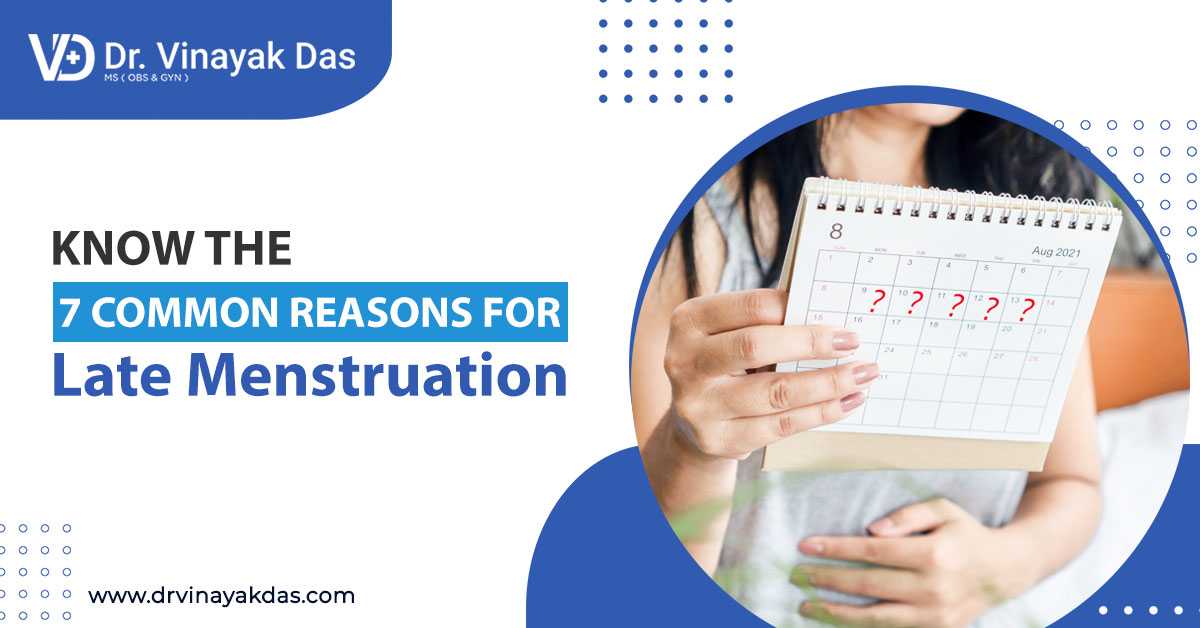The menstrual cycle may vary from person to person and it is quite normal to experience a delay in menstruation occasionally. However, if your periods keep on being inconsistent and irregular then you must seek medical attention. The first thing that comes into our mind after experiencing late menstruation is that you’re pregnant but there can also be various other health conditions that can lead to this symptom. It is always advised to contact the best doctor for gynecological problems in Siliguri to know the main cause of late menstruation.
You must note that a normal menstrual cycle indicates women’s fertility and if any abnormalities are noticed in the normal cycle then it can significantly reduce fertility rates. To sustain reproductive health and prevent any long-term consequences from late menstruation, it is vital to get a timely diagnosis and intervention. Herein, the doctor might recommend various tests to identify the underlying conditions and then curate a personalized treatment plan.
Explore The Probable Causes Of Late Menstruation
1. Polycystic Ovary Syndrome
Polycystic ovary syndrome or PCOS is one of the most common gynecological problems that can cause hormonal imbalance in the female sex hormones. In this condition, the ovaries start developing small cysts which further disrupts normal ovulation. This is the main reason behind the abnormal menstrual cycle such as delayed periods.
2. Stress
Hormonal imbalance is found to be the major contributing factor behind delayed menstruation. You must know that apart from gynae issues, hormonal imbalance can also be caused by stress which affects the brain areas that regulate menstruation. Herein, as a response to chronic stress, you may experience late or missed periods.
3. Weight Fluctuations
If you have currently experienced weight loss or gain and suffering from menstrual abnormalities then visit a gynae doctor in Siliguri. You must note that being underweight can decrease the production of a sufficient amount of estrogen which can disrupt the menstrual cycle. Similarly, obesity can also cause missed periods due to an imbalance in progesterone and estrogen regulation.
4. Thyroid Problems
Menstrual irregularities such as amenorrhea are a common complication among women who are suffering from thyroid problems. Both hypothyroidism and hyperthyroidism can lead to missed periods which are mainly caused by irregular metabolism functioning and abnormal hormone levels. Your body needs the right amount of thyroid hormones not only for growth and development but also for a normal menstrual cycle.
5. Primary Ovarian Insufficiency
You may also start experiencing changes in your menstrual cycle due to various age-related issues. One such issue is primary ovarian insufficiency which is often associated with delayed menstruation. In this disorder, the ovaries of a woman stop functioning properly even before the age of 40. This eventually interferes with the production of enough mature eggs and results in late menstruation.
6. Extreme Exercise
Doctors always recommend to include physical activity in your daily routine. However, you must always be careful about the intensity levels and duration of the exercise because in some cases, extreme exercise can also cause late menstruation. This mainly happens when exercise starts altering the balance of thyroid and pituitary hormones which leads to various ovulatory problems. To stop these hormone changes, you can aim for a maximum of 1-2 hours of exercise every day.
7. Chronic Illnesses
Apart from thyroid problems, there are other chronic illnesses leading to delayed periods. Some such disorders include diabetes, Asherman’s syndrome, Cushing syndrome, and congenital adrenal hyperplasia. It is vital to control diabetes so that the hormonal imbalance associated with blood sugar spikes can be managed. You can contact a doctor who can manage chronic illnesses which will enable you to experience a regular menstrual cycle.
Late menstruation can cause confusion and to mitigate this confusion, you can visit the best doctor for gynecological problems in Siliguri. The doctor will first track your menstrual cycle, review your lifestyle changes, and check for any underlying conditions to treat delayed periods. Remember that there are various medications and hormone therapies to manage this problem.




